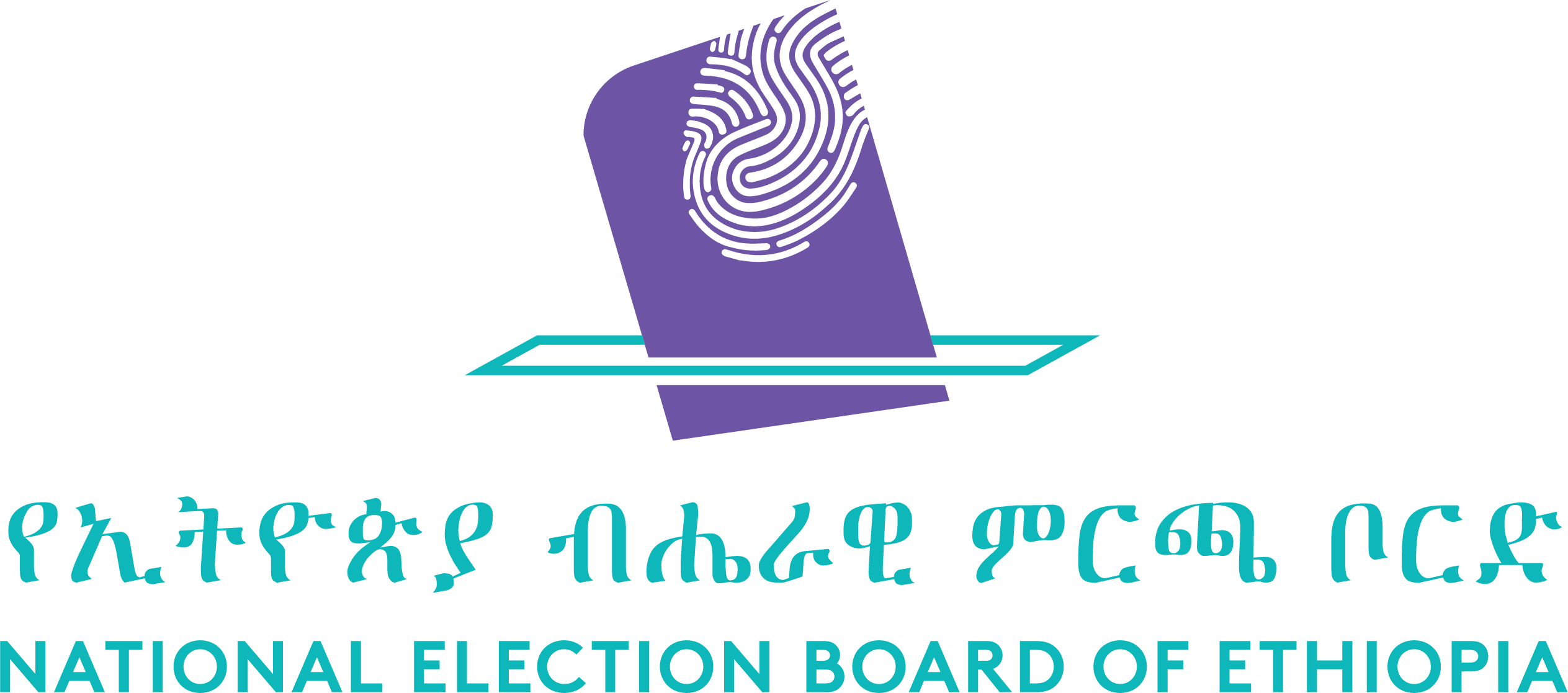NEBE provides training on Election Observation Methodology to CSOs participating in election observation
The National Election Board of Ethiopia (NEBE) is carrying out a series of pre-election activities that will enable the Board to conduct an inclusive, credible, and transparent 7th general election. The development of a technologically based voter and candidate registration system is listed among the top pre-election activities. While undertaking this and other activities, the NEBE has consulted Civil Society Organizations (CSOs) and other relevant stakeholders.
On October 14, 2025, as part of these efforts, the Board delivered training on election observation planning, observation methodologies, and reporting findings for Civil Society Organizations (CSOs) that will participate in the upcoming general election observation in Ethiopia.
The opening remarks were made by the chairperson of the NEBE, Melatwork Hailu. In her remarks, she emphasized that independent CSOs play pivotal role in electoral freedom and inclusiveness, universal suffrage, and legitimizing the electoral process and its results. She also has urged observers to carry out their work with optimum responsibility, maintaining impartiality and accurately reporting challenges during the election process.
Scientific methodologies of electoral data collection, principles of election observation, revised legal frameworks, and the participation of women and persons with disabilities are listed among the topics that the training comprises. Participants from the CSOs appreciated the Board’s lesson-learning endeavor from the 6th general election and the timely training for election observers. They expressed that the training will help address, in advance, issues that could potentially arise as election day approaches, particularly those that might call into question the integrity of the election.
Following the questions raised by trainers, Melatwork stressed that election observers have the right to observe in areas of their choice, while the Board, for its part, has the responsibility to ensure that conditions are conducive for their work. However, to alleviate the overlap of observers in the same area, she emphasized that observers should communicate in advance to determine who will observe in which areas so that they can efficiently achieve widespread coverage.


